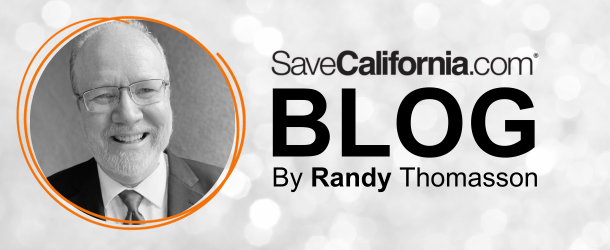What’s the deal with Prop. 8 being challenged in federal court?
As someone who has been fighting for marriage licenses and marriage rights since 1994 in the California Legislature and since 2003 in the courts, I can tell you a few things.
First of all, you need to know that homosexual activists are trying any means possible to knock down Californians’ 2008 vote to reserve marriage licenses for a man and a woman. These intolerant activists lost in state court, so now they’re trying the federal courts.
Ultimately, for homosexual activists, the case being heard today in San Francisco is about two goals:
1) Keeping the homosexual “marriage” agenda in the media to help them launch their own constitutional amendment next year for the 2012 ballot (they won’t be on the 2010 ballot, despite what you may have heard);
2) Working hard to have non-immutable homosexual behavior declared a civil right, something no federal court has ever said or ordered.
Because Judge Vaughn Walker is allowing unprecedented cross-examination of “witnesses” and has ordered the oral arguments posted on YouTube (he’s been temporarily blocked by the U.S. Supreme Court on an 8-1 vote), the judge is aiding the homosexual activists who want to charge up their supporters and use video of pro-marriage attorneys in future TV ads. The judge is turning this into a public relations circus.
And because Prop. 8 attorneys have chosen to operate alone in court, and are nearly completely focusing on defending marriage licenses for a man and a woman, homosexual activists and their greater number of pro-homosexuality parties in court have the upper hand in making arguments to get their behavior declared a civil right with the enforcement power of the federal government.
If this San Francisco judge overturns Prop. 8, his decision will likely be “stayed” (won’t go into effect) pending the near-guaranteed appeal to the 9th Circuit Court of Appeals. Given those judges’ liberal legacy, their bad decision would absolutely have to be appealed to the U.S. Supreme Court.
Given the high court’s current makeup and projecting out one or two years when they could decide the case, I would expect Prop. 8 to ultimately be upheld by two or more votes. The Supreme Court has held, over and over and as late as 2003, that marriage is the sole jurisdiction of states.



 RSS 2.0 Feed
RSS 2.0 Feed